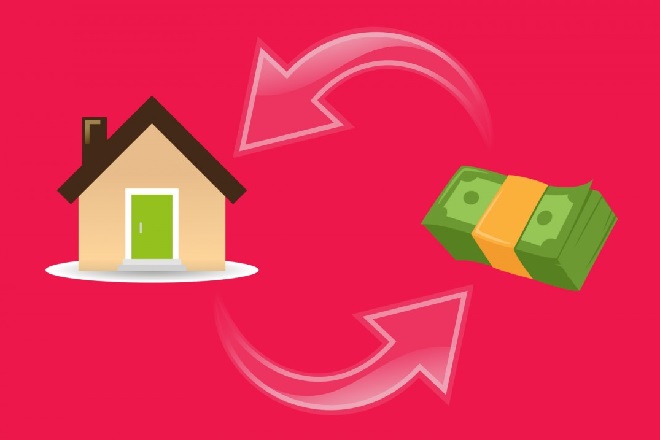When you first take out a mortgage, you will be very exciting and a little stressed out. Depending on how your payments pan out, you could end up with a mortgage that doesn’t benefit you. Right now interest rates are at some of their lowest, but you should be careful not to jump in too quickly. Instead, take your time, consider your options, and understand how refinancing can help you. Before you refinance, consider these few things and you will be able to find the best interest rate and lowest payments possible.
Why to Refinance
You should refinance your mortgage when your interest rate and monthly payments are high. Mortgage refinance is a lot like debt consolidation. You should talk to a mortgage advisor before you do anything. This will help you identify that your mortgage has become disadvantageous and look at your options to refinance with betters terms. The three biggest reasons to refinance are access to cash flow, improved credit ratings, changes in your interest rate, and more.
It Might Be Better to Wait
Once you have determined that your mortgage isn’t cutting it and you should refinance, you should clearly state your goals. These should include lowering payments, decreasing your interest rate, increasing cash flow, and improving your credit rating. Once you understand how your mortgage has become a disadvantage, you will be better equipped to figure out what to do next.
Types of Mortgages to Refinance
Each mortgage is different and each one provides benefits and negatives. Understanding how your own mortgage works is key to knowing how best to refinance. Currently the Bank of England has some of its lowest interest rates, but this only affects certain types of mortgages.
Standard variable rates (SVR) are mortgages that allow borrowers and providers to decide on their rate together. SVRs are the most preferred method because adjustments to the policy can be completely independent of the prevailing interest rate from the Bank of England. Typically banks charge low fees for application and rarely impose repayment penalties for giving the money back early. You should keep in mind that the bank has the ability to change your rates and monthly payments.
Another mortgage type is a fixed rate. These mortgages can be from 15 to 30 years long, and at the end of this period the loan can be converted to the provider’s standard rate. The only problem is that is very hard to know that the prevailing variable rate will be. You could be faced with converting the loan or refinancing again.
Tracker mortgages have an interest rate that fluctuates with the Bank of England’s base rate. There is also an add-on interest rate of about one percent. These mortgages go back and forth based on a narrow range relative to the prevailing rates. When you’re dependent upon the Bank, it their rates stay low the tracker mortgages can be a bargain. Profit margins can be constrained but providers won’t impose high penalties for early repayment.
Finally, discounted mortgage rates are just that, SVRs with a discount. These can run from two to three years, but longer mortgages can be negotiated. Fees are low for applying but early repayment will incur fees. The borrower may be gambling on the future of the interest rate, but it can be ideal to obtain a successive fixed rate. The key is to make sure you understand what you’re getting into. Then you will be able to tell how good of a deal it truly is.
While it depends on the type of mortgage you have, your current terms, and your interest rate, refinancing can really help you if you know what you’re doing. You should refinance at the right time, in the right way and you will be able to increase cash flow, lower your payments, and pay less in interest.
If you’re thinking about refinancing in the UK, consider these few things before you take the plunge. Whether you are refinancing for the first time or the fifth, timing can really help you but so can being steadfast and staying aware of what you are getting into.




